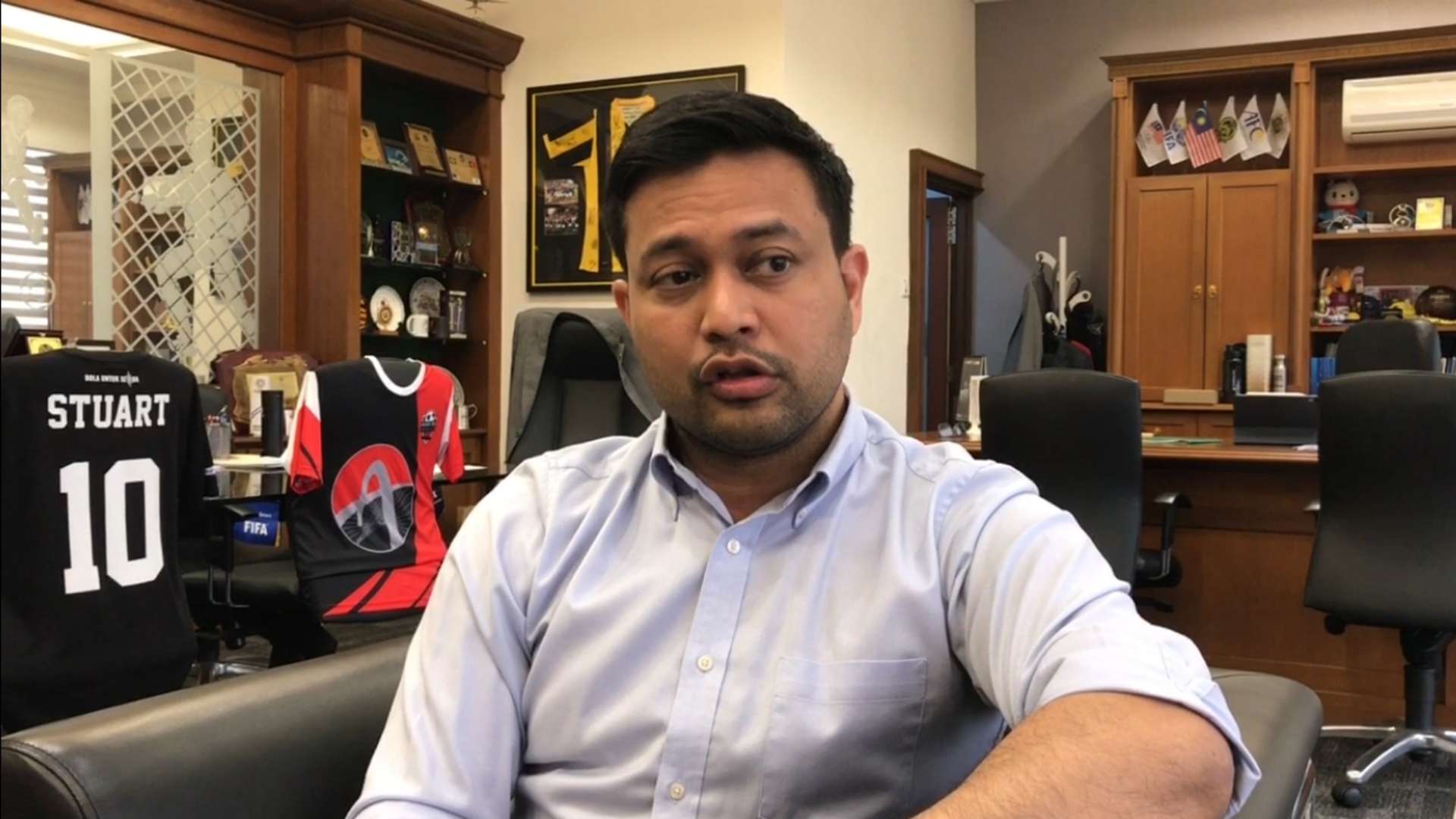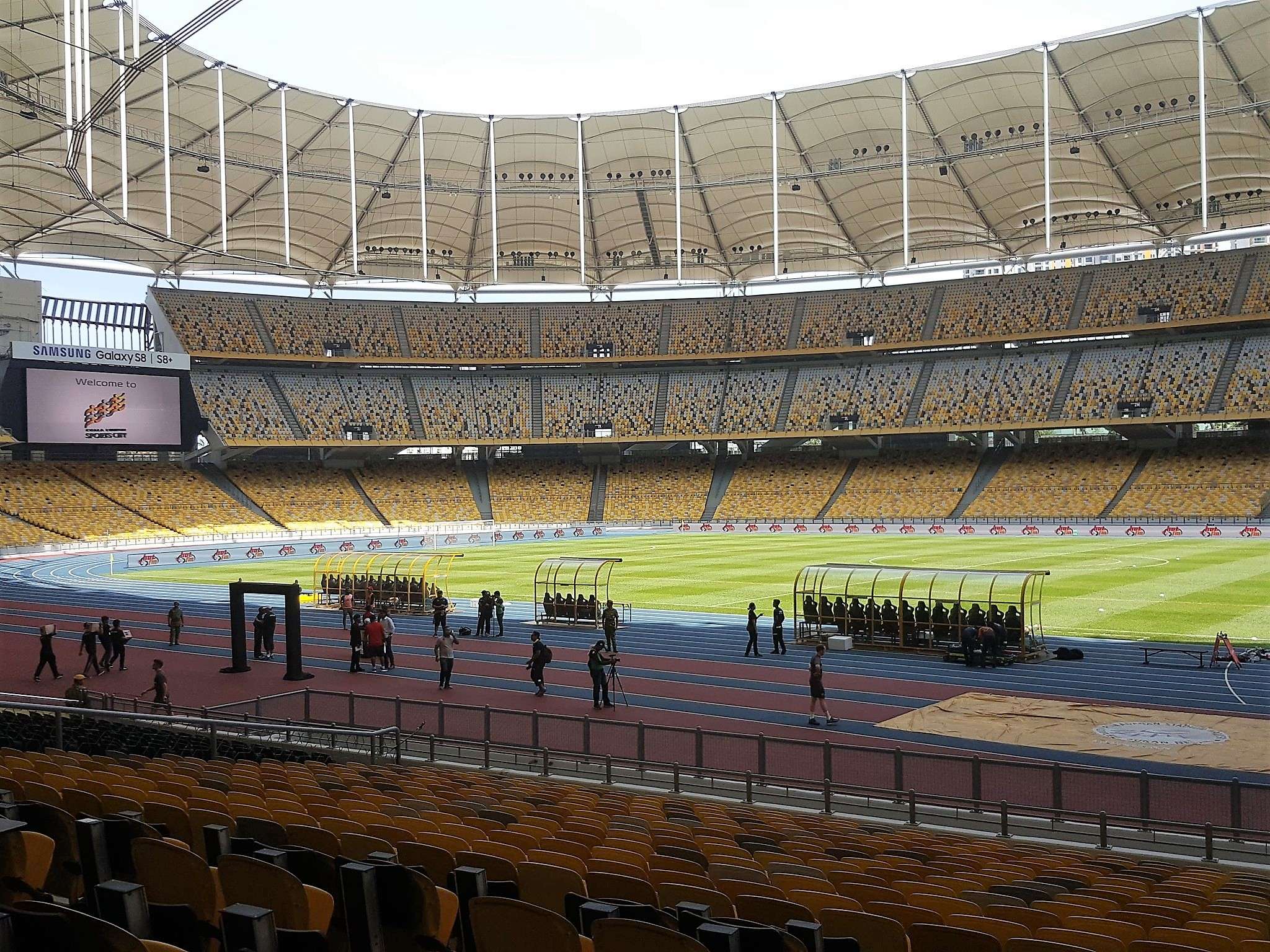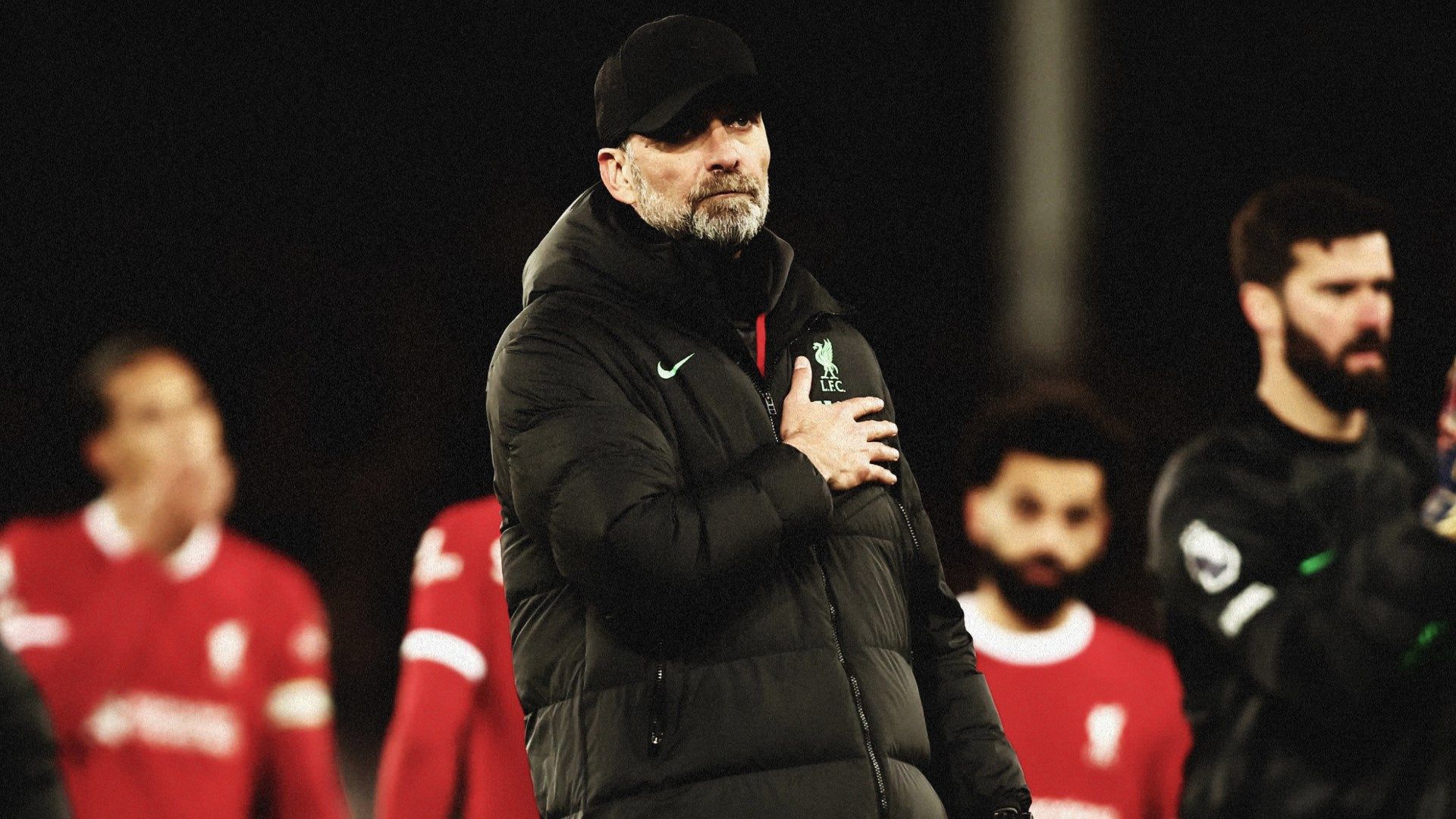The club privatisation drive currently being pushed through by the Malaysian FA (FAM) will introduce several beneficial changes in Malaysian club's operations, according to its general secretary Stuart Ramalingam.
In a press briefing held on the morning of Friday, August 14, at Wisma FAM, Kelana Jaya, Stuart provided more details concerning the ongoing initiative, as well as its current status. He also took the time to answer the media personnels' questions on the clubs' 2021 license applications.
 Goal
Goal
Stuart Ramalingam
Super League and Premier League outfits currently have until 31 August 2020 to apply for their 2021 competition licence, and until 30 September 2020 to complete the first phase of their privatisation process, and they need to complete both requirements in order to compete in the 2021 season.
According to him, five teams have submitted their club separation/establishment application by Friday. Although he declined to name them, a story by Berita Harian named Johor Darul Ta'zim (JDT), Sarawak United, Petaling Jaya City, Negeri Sembilan and Armed Forces FC as the clubs. Meanwhile, eight teams are at partial completion, five have begun the process and three have just initiated the process. Perlis in the meantime cannot undergo the process due to their 2019 ejection from the Malaysian league and FIFA sanction.
Stuart also outlined three modes of ownership that the newly-formed clubs can come under after separating from their FA: a club can be owned fully by their original FA, or be under partial ownership, or they can fully separate from the FA.
The club will then take over the first team as well as its junior teams, with the FA retaining its grassroots development and referees training duties, among many others.
The new clubs will also be required to come up with a new crest, as they will not be allowed to use their original FA crests, while they will also be prohibited from using 'football association' or 'FA' in their names. However, their sporting history and achievements are theirs to retain according to Stuart, such as league and cup win records.
Interestingly, under this mode of ownership, the club can be a separate entity from its original FA either temporarily or on a permanent basis. Under the latter, the club is essentially leased out by its original FA, while the former opens up the possibility of more Malaysian league outfits coming under private ownership, a common practice everywhere else in world football.
"It's so encouraging to read in the papers these days, for example that [cosmetics merchant] Alif Syukri wants to get in, Vincent Tan (Malaysian tycoon and Cardiff City owner) may look into it in the future. This is what we want; for Malaysian teams to be commercialised and generate income."
 Getty Images
Getty Images
Vincent Tan. Photo by Getty
However, when asked by Goal , Stuart added that other modes of ownership, such as fan ownership, are also allowed when the privatisation/separation process is completed. For example, a majority of Bundesliga clubs have at least 51 per cent of their shares owned by their own supporters.
"These are just our recommendations. Whatever method they come up with, the club must be an entity that is registered with the SSM (Companies Commission of Malaysia)."
As a result of requiring the new clubs to be an SSM-registered organisation, FAM hopes that the perennial problem of Malaysian league players not being paid their salaries will be reduced.
According to him, FA members may not be involved in the board of the newly-formed clubs, and new directors will have to be appointed.
"The [FA] secretary-general cannot be the club CEO, the [FA] treasurer cannot be appointed club CFO.
"A [company] director cannot simply resign and leave. The reason that a company needs to be set up first is that so there are people that are obligated to the debts of the FC. No more quitting and walking away like what happens at FAs, when the debts are left to the FA instead of to a person.
"People can be blacklisted or declared bankrupt with debts by the SSM. The obligations are set in stone by the law, not by us (FAM)," he explained.
And fans and observers who have been calling for more transparency in Malaysian football will be happy to know that they will be able to peek at their favourite club's finances.
"SSM requires a declaration [by the club] which you can buy online if you want to see their audited financial statement. FAM will require it from a licencing standpoint, in that they will have to submit their audited statement, their management reports. But we cannot disclose them ourselves.
"I believe that these are public domain information that you can pay to obtain."


.jpg?auto=webp&format=pjpg&width=640&quality=60)
.jpg?auto=webp&format=pjpg&width=640&quality=60)
